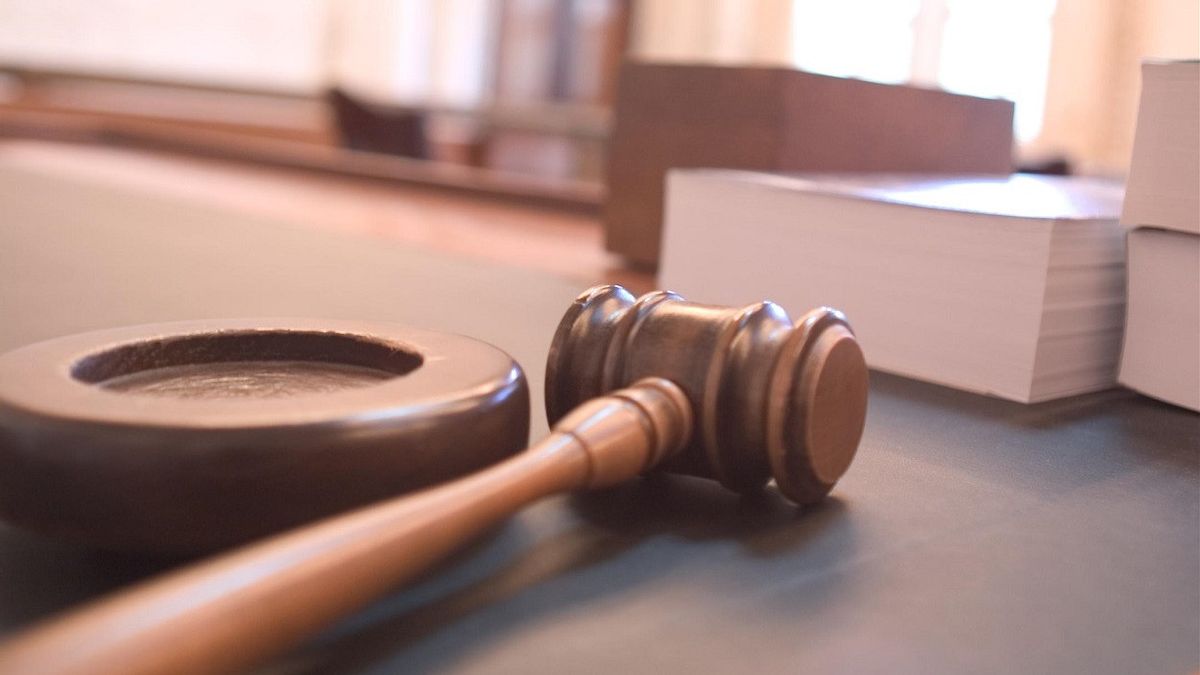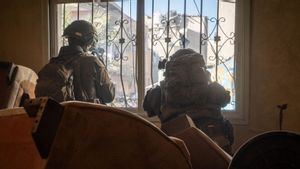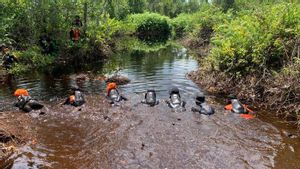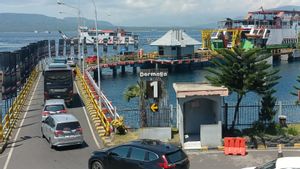
JAKARTA - A suspected leader of a Japanese organized crime syndicate was charged with trying to sell weapons-grade nuclear material from the leader of an ethnic rebel group in Myanmar, according to a United States Department of Justice indictment.
Takeshi Ebisawa, an alleged yakuza leader who was arrested in 2022 on drug and arms trafficking conspiracy charges, faces several new charges for allegedly trying to sell nuclear materials to someone he believed was an Iranian general, in exchange for large amounts of weapons.
According to the new indictment, Ebisawa in 2020 told a confidential Drug Enforcement Administration source and an undercover DEA agent that he had access to nuclear material he wanted to sell, asking if they had buyers for the uranium, reported CNN, February 22.
Ebisawa sent images "depicting rock substances with Geiger counters that measure radiation," according to the indictment, as well as pages of what Ebisawa said were laboratory analyzes "indicating the presence of the radioactive elements thorium and uranium."
The undercover agent allegedly agreed to help Ebisawa sell the material to another secret source posing as an Iranian general.
The agent asked Ebisawa if the material could be used for nuclear weapons, and said Iran needed it “for nuclear weapons.”
"I think so and I hope so," Ebisawa said, according to the indictment.
In 2021, Ebisawa told an undercover agent, an unnamed leader of a rebel group in Myanmar, could sell nuclear materials, including uranium, through Ebisawa to a fictitious Iranian general to fund large arms purchases, the indictment says.
In the video recording, the rebel group leader's agent claimed that the leader possessed thousands of kilograms of nuclear material and "could produce as much as five tonnes of nuclear material in" territory controlled by the leader.
During the call, the undercover DEA agent asked about exchanging uranium for weapons from Iran, to which the broker and leader agreed.
In 2022, Thai law enforcement discovered nuclear samples previously shown to agents by brokers and handed them over to US authorities, the indictment said.
관련 항목:
Meanwhile, a nuclear forensics laboratory that examined the sample found that the sample contained uranium, thorium, and plutonium, where the plutonium could be used for weapons.
"If produced in sufficient quantities, (it) would be suitable for use in nuclear weapons," the indictment said regarding the plutonium found in the samples.
"It's terrifying to imagine the consequences if this effort succeeds," said Assistant Attorney General Matthew Olsen, quoted by Reuters.
The English, Chinese, Japanese, Arabic, and French versions are automatically generated by the AI. So there may still be inaccuracies in translating, please always see Indonesian as our main language. (system supported by DigitalSiber.id)

















